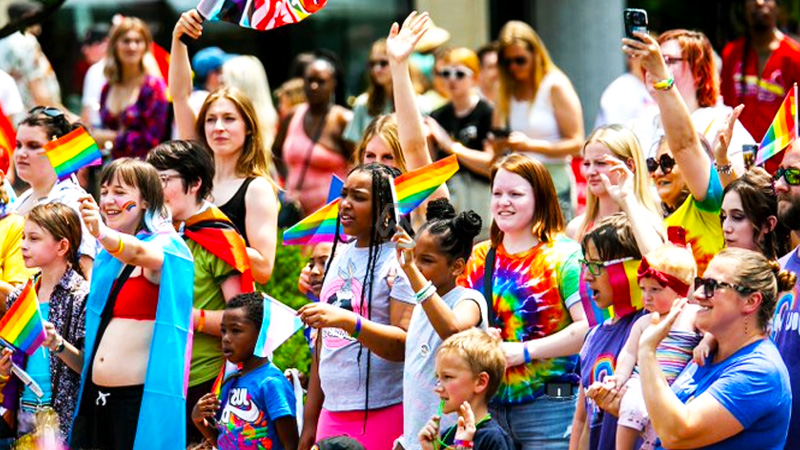- University of Utah and Weber State University are eliminating their cultural centers.
- The changes exceed the requirements of Utah’s new anti-DEI law, HB261.
- New generalized student success centers will replace identity-specific services.
Two major Utah universities, the University of Utah and Weber State University, are closing their dedicated cultural centers for Black, female, and LGBTQ+ students as part of compliance with the state’s new anti-DEI law, HB261.
The University of Utah will shift resources to a new Community and Cultural Engagement Center and a Center for Student Access and Resources, which will serve all students. Similarly, Weber State University will create a generalized student success and engagement office, repurposing its identity-based cultural centers.
Utah Universities’ Sweeping DEI Changes Spark Controversy
The University of Utah and Weber State University are eliminating their cultural centers dedicated to supporting specific identity groups, such as Black, female, and LGBTQ+ students. These measures exceed the requirements set by Utah’s new anti-DEI law, HB261, which allows cultural centers to remain open if they are inclusive of all students. Both universities have opted to restructure and create generalized student success centers instead.
At the University of Utah, resources from the disbanded centers will be redirected to a new Community and Cultural Engagement Center and a Center for Student Access and Resources. No staff positions will be eliminated, although roles will change. Weber State University is taking a similar approach, repurposing all its identity-based centers into a generalized student success and engagement office. Both institutions will maintain some specific support services, such as centers for Native students and military-affiliated students, while continuing to host cultural celebrations.
Despite these changes, students and alumni have voiced their disappointment, emphasizing the critical role these centers played in their university experience. The loss of these dedicated spaces is seen as a significant shift in how support is provided to diverse student populations. This move to comply with HB261 reflects a broader trend in educational institutions adapting to new legal frameworks while trying to balance inclusivity and support.
These sweeping changes at Utah universities highlight the ongoing tension between state legislative mandates and the need for targeted support for diverse student populations. As institutions realign their resources, the impact on student experiences and community dynamics will continue to unfold.
“Eliminating specific identity-based support centers sends a disheartening message to marginalized groups about their place and importance within the academic community.”



